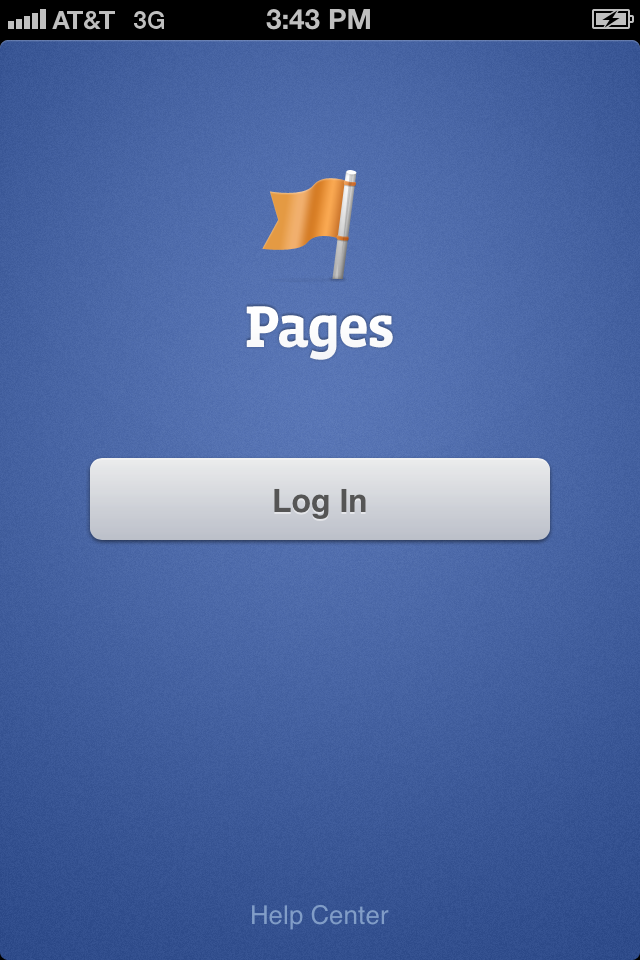Plagiarism Guide: Avoid Academic Penalties

Plagiarism is a serious academic offense that can have severe consequences for students, researchers, and writers. It involves passing off someone else's work, ideas, or words as one's own, without proper citation or credit. In this article, we will delve into the world of plagiarism, exploring its definition, types, and consequences, as well as providing guidance on how to avoid it.
Understanding Plagiarism

Plagiarism is a form of intellectual property theft, where an individual uses someone else’s work without permission, credit, or compensation. It can take many forms, including verbal plagiarism, where someone uses another person’s words or ideas in a speech or presentation, and written plagiarism, where someone uses another person’s written work without proper citation. Plagiarism can also involve paraphrasing or summarizing someone else’s work without giving credit, or submitting someone else’s work as one’s own.
Types of Plagiarism
There are several types of plagiarism, including:
- Direct plagiarism: copying someone else’s work word for word without citation or credit.
- Indirect plagiarism: paraphrasing or summarizing someone else’s work without giving credit.
- Self-plagiarism: submitting one’s own previously published work as new or original.
- Mosaic plagiarism: combining elements of someone else’s work with one’s own work without proper citation.
Consequences of Plagiarism

The consequences of plagiarism can be severe and long-lasting. Academic institutions take plagiarism very seriously, and students who are found to have plagiarized may face penalties such as:
- Failure in a course or assignment
- Expulsion from an academic institution
- Damage to one’s reputation and credibility
- Loss of scholarships or funding
In addition to academic penalties, plagiarism can also have professional and personal consequences. Professionals who are found to have plagiarized may face loss of credibility, damage to their reputation, and legal action. Plagiarism can also lead to financial losses and emotional distress.
Avoiding Plagiarism
Avoiding plagiarism requires a combination of good research skills, proper citation practices, and honesty. Here are some tips for avoiding plagiarism:
- Always cite sources properly, using a recognized citation style such as MLA or APA.
- Use quotation marks when quoting someone else’s words.
- Paraphrase and summarize carefully, making sure to give credit to the original author.
- Use plagiarism detection tools, such as Turnitin or Quetext, to check for plagiarism in your work.
| Plagiarism Detection Tool | Features |
|---|---|
| Turnitin | Checks for plagiarism, grammar, and spelling errors |
| Quetext | Checks for plagiarism, grammar, and spelling errors, with a focus on academic writing |

Best Practices for Academic Integrity
To maintain academic integrity and avoid plagiarism, it’s essential to follow best practices such as:
- Conducting thorough research and citing sources properly
- Using plagiarism detection tools to check for plagiarism
- Seeking guidance from instructors or mentors on proper citation practices
- Being honest and transparent in your academic work
By following these best practices and avoiding plagiarism, you can maintain academic integrity, build credibility, and achieve success in your academic and professional pursuits.
What is plagiarism?
+Plagiarism is the act of passing off someone else’s work, ideas, or words as one’s own, without proper citation or credit.
How can I avoid plagiarism?
+Avoiding plagiarism requires a combination of good research skills, proper citation practices, and honesty. Always cite sources properly, use quotation marks when quoting someone else’s words, and paraphrase and summarize carefully.
What are the consequences of plagiarism?
+The consequences of plagiarism can be severe and long-lasting, including failure in a course or assignment, expulsion from an academic institution, damage to one’s reputation and credibility, and loss of scholarships or funding.

